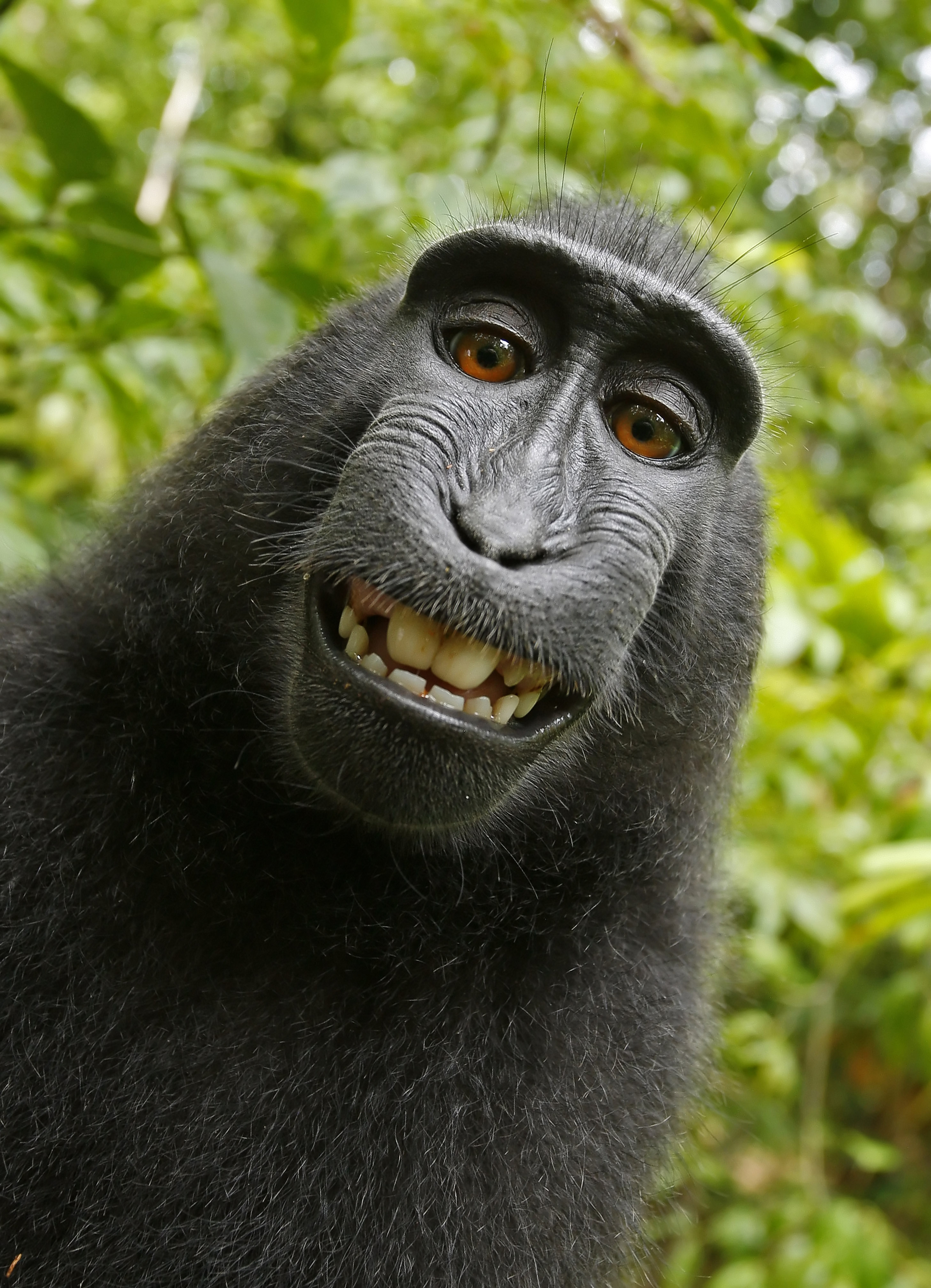Is it cruel to keep a fennec fox . . . on a vegan diet.
This was the catchily provocative title of the BBC News article that riled me up this morning.
What really angers me about this whole article is the tone of the debate. The two ‘balanced’ opinions on this are PETA, a charity with a very dubious history, and a chap who sells vegan pet food. Also, some person on Twitter.
The BBC, and other journalists, are forever reaching out to scientists to curate a list of experts. This blog arose from a great workshop by Voice of Young Science a few years ago, where a journalist was talking about how much they relied on blogs to find experts on subjects. Public engagement is a lot of fun, but I know that it is hard to always effectively engage with the right stakeholders. In fact, I blogged about the academic’s responsibility in this area a few years ago.
This article is about things that ‘trend’, and so PETA and the industry trended higher than the science. I’m not absolving the journalist of their responsibility, I know for a fact the BBC have my name, and others’ names on their list of people who are willing to talk about animals from an informed standpoint. But it’s hard for a single scientist, even a group of scientists, to make enough noise about what they do.
So, as a scientist who makes noise, do I think it’s cruel to keep a fennec fox on a vegan diet?
Yes I do. We could debate the finer details of exotic pet-keeping, the challenge of applying binary categories such as ‘cruel’ or ‘good’ to the existence of life, or the difficulty of incorporating ‘natural’ into animal welfare assessment – but the key to public engagement is answering questions, without misleading someone about what’s really going on. And it is hard. It’s hard as a scientist to come up with an opinion, because we know we don’t know everything. We need to get better at providing opinions along with our knowledge, and encouraging people to critique those opinions. We need to get better at the BBC soundbite.
So here’s my best effort, if the BBC had decided to consult an actual scientist.
It is extremely difficult to meet the social, nutritional and environmental needs of a fox. They are intelligent animals, and evolution has made them extremely well suited for the environments they’re found in. Unlike cats, who come from similar environments, they were not able to make use of humans and domesticate themselves. Restricting a fennec fox’s diet to vegan food only is an additional stress that I would expect would be very harmful for an animal that is already physiologically and mentally stressed by being kept as a pet. In my opinion it is cruel to keep a fennec fox as a pet, and on a vegan diet.
- Dr Jill MacKay, Researcher at the Royal (Dick) School of Veterinary Studies
There – was that so hard?


/cdn0.vox-cdn.com/uploads/chorus_asset/file/3523382/Medical_studies-05.0.png)